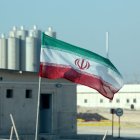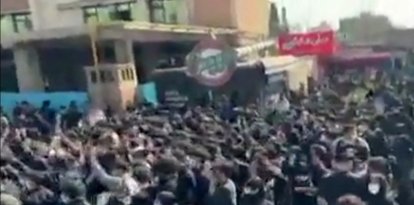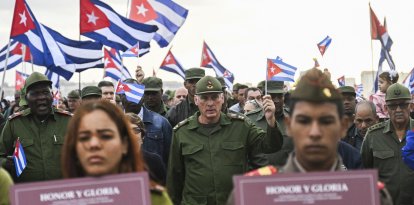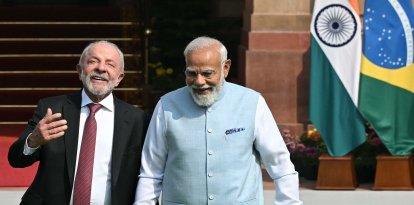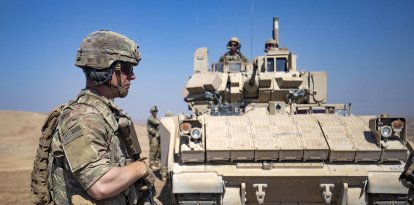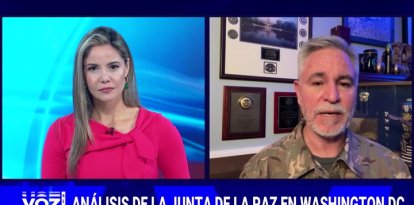US and Iran have 'productive' round of nuclear negotiations, agree on next meeting in Europe
Although both sides are cautiously optimistic, differences are still notable, especially over the Iranian regime's insistence on maintaining the ability to enrich uranium.

Steve Witkoff, U.S. special envoy, in a file image
Representatives of the U.S. and the Iranian regime held a "productive and positive" round of nuclear negotiations, according to Washington officials, who gave no further details about the meeting.
It transpired that the two sides agreed to an upcoming meeting in Europe to continue complicated negotiations, especially because of notable differences over Tehran's insistence on maintaining the ability to enrich uranium.
From Iran, in fact, they did not mince words in stating that there is still much caution about potential agreements.
“Some of our differences are very serious,” Iranian Foreign Minister Abbas Araghchi told Iranian state-run television. “But can we reach an agreement? I am hopeful but very cautious.”
According to The Wall Street Journal, the conversation lasted more than four hours and involved Araghchi and U.S. special envoy Steve Witkoff, who flew to Oman after a meeting Friday in Moscow with Russian President Vladimir Putin.
Also, the WSJ reported the participation for the first time of technical teams from both sides to "on the detailed questions of how to constrain Iran’s nuclear work and possible sanctions relief."
This is the third round of negotiations between representatives of Tehran and Washington that began this month.
President Donald Trump has given a public deadline of two months to conclude a deal with the Iranian regime and has repeatedly threatened to resort to military force if Tehran does not agree to terms.
“I think we’ll have a deal,” Trump told reporters Friday ahead of the round of negotiations. “I’d much rather have a deal than the alternative.”
However, from Araghchi's words, negotiations are likely to be slower than Washington expects.






